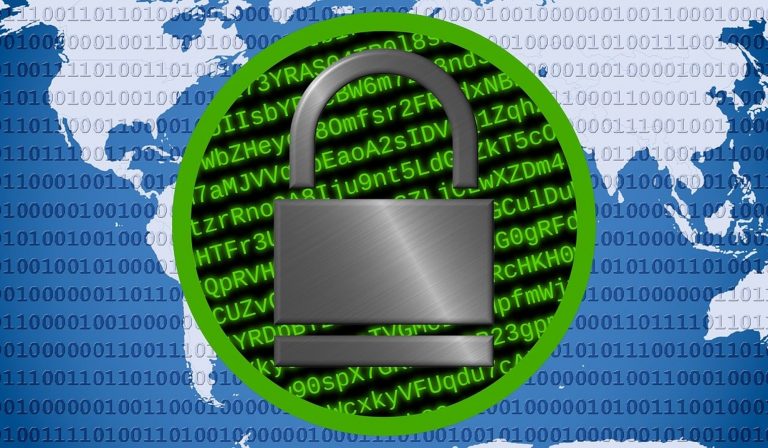
Whilst remote businesses have their benefits, they also come with their own unique challenges. So, let’s take a look at some simple technologies that can help to solve major pain points in remote businesses.
Random Number Generation
Random number generators (RNGs) have long been utilized in a wide range of applications, particularly in industries like theoretical research and entertainment. Essentially, RNGs generate a sequence of numbers that have no correlation, and so cannot be predetermined. For example, in online slot games, RNGs are used to digitize the element of luck you’d experience from spinning physical wheels. Some games, such as Age of the Gods God of Storms take this even further, using RNGs to determine which symbols fall on the reels when, but also triggering a special mechanic where the god of storms blows a ship icon across the reels. Here, the RNGs determine where the ship lands, ensuring randomness and fairness, furthering the authenticity and immersiveness of gameplay.
In remote businesses, this same technology can be used to increase cybersecurity, which is a key concern when employees are logging onto secure servers from multiple locations, and even from their personal devices. In the same way as above, RNGs can be used to generate passwords, encryption keys, and even tokenize personal data such as card details. As RNGs do not have a pattern, this makes it much harder for cybersecurity threats to seep through the cracks, protecting shareholder, business, employee and consumer data alike.
5G and 5.5G
When employees are working remotely, particular consideration must be paid to employees’ connectivity. This is especially the case across Africa, as some infrastructure can be lacking outside of the main city centers. Due to this, every employee could have different experiences – some may face regular issues with their connection because of things they cannot control. It is this barrier to Africa’s digital transformation that has led MTN and Huawei to sign a Memorandum of Understanding for a Joint Innovation Technology Lab in South Africa.
Just one of the focuses of this partnership is in 5G and 5.5G, looking at the challenges that are unique to the African continent. It is hoped that their research and products will help to improve the network coverage for rural areas. This should make solutions more meaningful, affordable, efficient, and sustainable.

Instant Messaging
Whereas in physical office spaces, managers can see their employees clock in and head home at the end of the day, remote businesses are reliant on digital communication tools to track where employees are and what they are doing. These digital communication tools have boomed in popularity over the last few years, and are only expected to grow more.
Looking at statistics from Tech Report, 64% of people find it hard to communicate with remote colleagues. However, modern communication technology has been shown to improve productivity by up to 30%, and helps 45% to feel closer to their colleagues. For this reason, employees spend an average of 20 hours a week using instant messaging and email applications.
And there you have it – just a few technologies that can ease the difficulties of remote working. From boosting security to improving connectivity, and even encouraging communication, these technologies can go a long way to solving the pain points many remote businesses face day-to-day.

